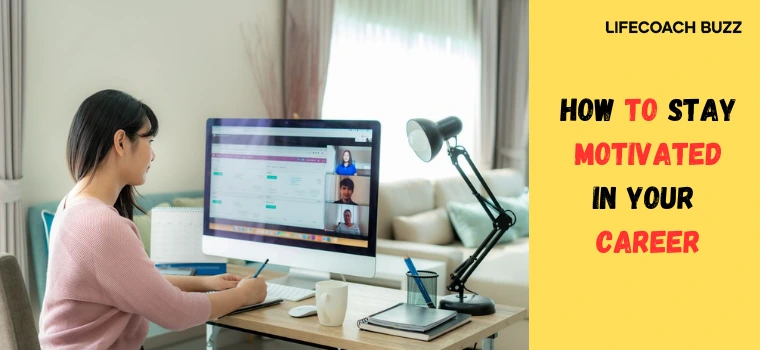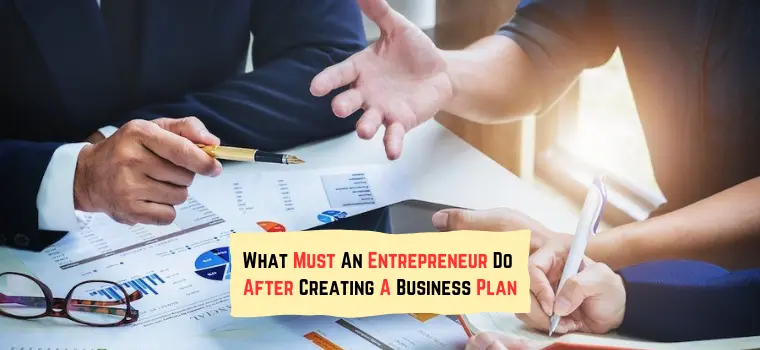Startups
10 Startup Lessons We Learned In Our First 12 Months

A few weeks ago I founded my startup. From the first idea to the moment I saw my app on the App Store exactly 12 months passed. And these 12 months have been some of the most challenging, fun and exciting months of my life.
Before we get to the heart of the matter, a little disclaimer. My startup is not a "normal" startup: I created an LLC, not a joint-stock company, and I have no intention of selling it in a few years.
I I have 15 years of experience in a global consulting and technology company. So the good news is that I knew the technical aspect. However, the bad news is that I had no idea about the other aspects of starting a business. So I had to learn it all (and I still do!)
Below I've tried to summarize some of the most important lessons that I wish someone had told me. One year ago. Have fun!
1 – Good ideas need space
I've already watched a podcast about This topic belongs to entrepreneurship. , and the podcast host said: “95% of my ideas came from the sauna. »And I thought: “That's 100% true!” » In December 2020 I felt ready to open my own business. The only problem was that I didn't know what business I wanted to open.
I spent several weeks thinking about it and trying to come up with a good idea. Nothing helped. And then I was lying on the tattoo table getting a tattoo, looking at the ceiling and doing nothing, and this idea, this perfect idea, came to me, and I'm not kidding.
So the next time you're trying to come up with an idea or make an important decision, get a tattoo. Jokes! But seriously, it helps you slow down and give your thoughts space to breathe. Trust me.
2 – Choosing a brand is harder than you think
It goes well, now that you have this great idea, let's choose a name for your future business! Well, for me it definitely seemed harder than I thought.
It's not just about creating a memorable name that fits your brand and your vision and that I've never used anywhere (which is hard enough!). Have you also thought about the domain name? What about social media accounts? Oh, and by the way, don't forget the branding!
3 – You need a team from the start.

It is very tempting to do everything yourself Especially when you do it, do it yourself. Your budget is limited and/or you are an expert in your field. Because of my technical background, many people asked me (and still ask me) if I would develop the application myself.
But I knew from the beginning that my time would be better spent being a visionary rather than a doer. So I found a design agency and then a development agency. And it's 100% worth it.
4 – Maintain your vision
When you start, keep a solid vision within you . You know exactly what you want to achieve and why it's important.
So start taking small steps to turn your vision into a real product. Each step seems to have a meaning in itself. However, after a few months of process, you run the risk of coming across an incomplete product that no longer corresponds to your initial vision.
5 – Choose your partners, not only for their talent, but also for their maturity
I found this design agency and fell in love with their work, so I hired them. And they actually had very professional in-house designers. The only problem was that all these designers left the agency within three months because the founder of the agency treated them badly (and me, to be honest).
Luckily we were able to finish the design, but it was definitely a lesson I learned.
6 – Your budget will increase
No matter what you plan, add at least 25% in contingents of liabilities. Whatever estimates you get from your suppliers, add 50% (or even 100%!) to them.
It's probably not what you want to hear, but it's best to be prepared. and have that cushion ready for when you need it (and you will be, believe me), rather than trying to urgently raise more money while you're in the middle of the process.
7 – Talk to your future users

Every interview is important. You don't need to spend a huge budget on user research (do it entirely if you have!), but you need to talk to at least some of the people who could become your customers.
Does your product solve your problem? Are they having problems? It's amazing how much information you can get just by talking to a few people.
8 - Eliminate your MVP. Then cut again
You have imagined this incredible product in your head. But you go to your supplier and say it will take hundreds of thousands of dollars and years of work to bring your product to market. Ok, time to narrow down the MVP (minimum viable product).
It's not easy and at first glance it seems that every part is important. But if you dig deeper, you will find the core that absolutely must stay there and then you can remove everything else.
9 - Spinning is your best friend
More “good” news for you here. It is not just a question of reducing its scope, but also of modifying it so that it reflects the real needs of people and the reality in which we live. Or sometimes you might just miss something!
Remember: Having to make changes is not a sign that your product is a failure. On the contrary: it gives your product a better chance of success and makes you a much smarter founder.
10 – Set your priorities wisely
As a startup founder, you have to constantly multitask. Financial and privacy laws, product development and testing, marketing and public relations, user acquisition and retention, just to name a few of the things that will keep you up at night.
But remember: your capabilities are not unlimited, so focus on one priority at a time. Feel free to switch between them each week, but don't try to multitask.





